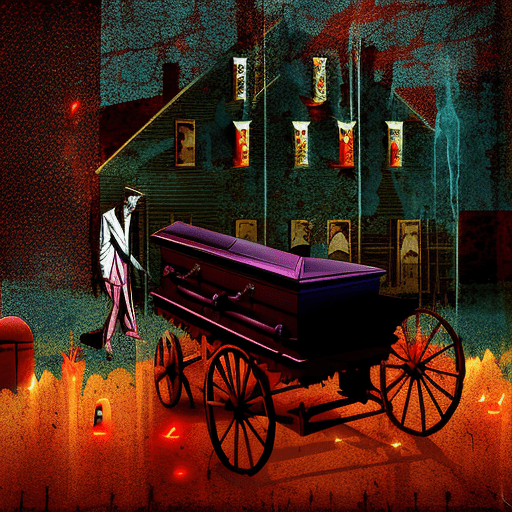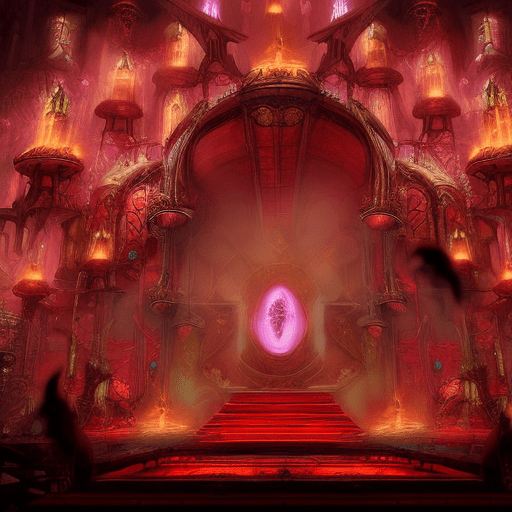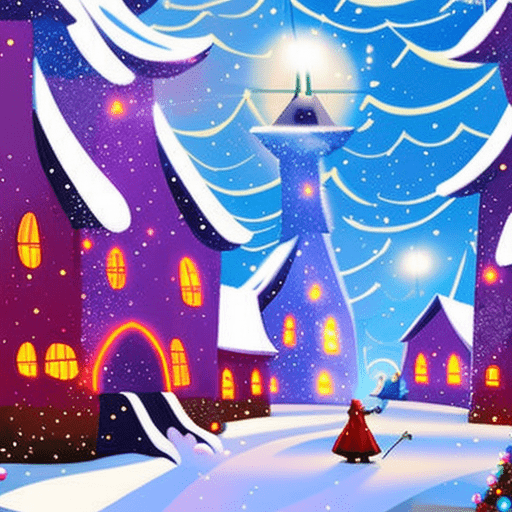One-line Summary:
In “Zemsta,” a classic Polish comedy play by Aleksander Fredro, two feuding families engage in a series of hilarious and absurd schemes to seek revenge on each other.
Introduction:
“Zemsta” is a renowned comedy play written by Aleksander Fredro, a prominent Polish playwright. First performed in 1834, the play has since become a staple of Polish theater and is considered one of Fredro’s greatest works. Set in the 19th century, “Zemsta” tells the story of two noble families, the Rejent and the Cześnik, who are embroiled in a long-standing feud. Filled with witty dialogue, humorous situations, and a touch of romance, the play explores themes of pride, honor, and the absurdity of revenge.
The Feud Begins:
The play opens with the Cześnik family hosting a party to celebrate the return of their son, Wacław, from abroad. However, the festivities are interrupted when the Rejent family arrives uninvited. The Cześnik and the Rejent, who have a history of animosity, engage in a heated argument, and the feud between the families is reignited. This sets the stage for a series of comedic and outrageous events as both families seek revenge on each other.
Schemes and Deceptions:
As the feud escalates, the characters in “Zemsta” devise elaborate schemes and deceptions to outwit their rivals. The Cześnik’s daughter, Klara, disguises herself as a man and infiltrates the Rejent’s household to gather information. Meanwhile, the Rejent’s son, Gustaw, pretends to be a servant to get closer to Klara. These disguises and mistaken identities lead to hilarious misunderstandings and comedic situations.
The play also introduces other colorful characters, such as Papkin, a bumbling suitor of Klara, and Podstolina, a widow who becomes the object of the Cześnik’s affections. Their involvement adds further complexity and humor to the story. Through their actions, Fredro highlights the absurdity of the feud and the lengths people will go to seek revenge.
Love and Redemption:
Amidst the chaos and comedy, “Zemsta” also explores themes of love and redemption. Klara and Gustaw, despite their initial animosity, develop genuine feelings for each other. Their love transcends the feud between their families, challenging the notion of blind loyalty to one’s kin. The play ultimately suggests that love and forgiveness can overcome pride and vengeance.
Key Takeaways:
- The play “Zemsta” is a classic Polish comedy that satirizes the absurdity of feuds and revenge.
- Through witty dialogue and humorous situations, the play explores themes of pride, honor, love, and redemption.
- The characters in “Zemsta” engage in elaborate schemes and deceptions, leading to hilarious misunderstandings.
- The play suggests that love and forgiveness can triumph over pride and vengeance.
“In the end, love and forgiveness triumph over pride and vengeance, reminding us of the power of compassion and understanding.”
In conclusion:
“Zemsta” is a delightful comedy play that continues to captivate audiences with its witty dialogue, absurd situations, and timeless themes. Fredro’s masterpiece serves as a reminder of the futility of feuds and the importance of love and forgiveness. Whether on stage or in written form, “Zemsta” is a must-read for those seeking laughter and a deeper understanding of human nature.












